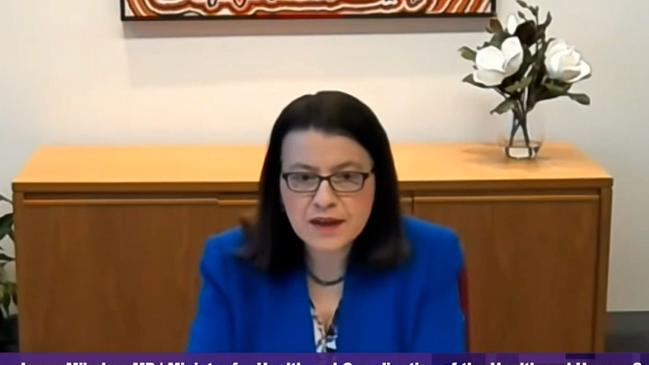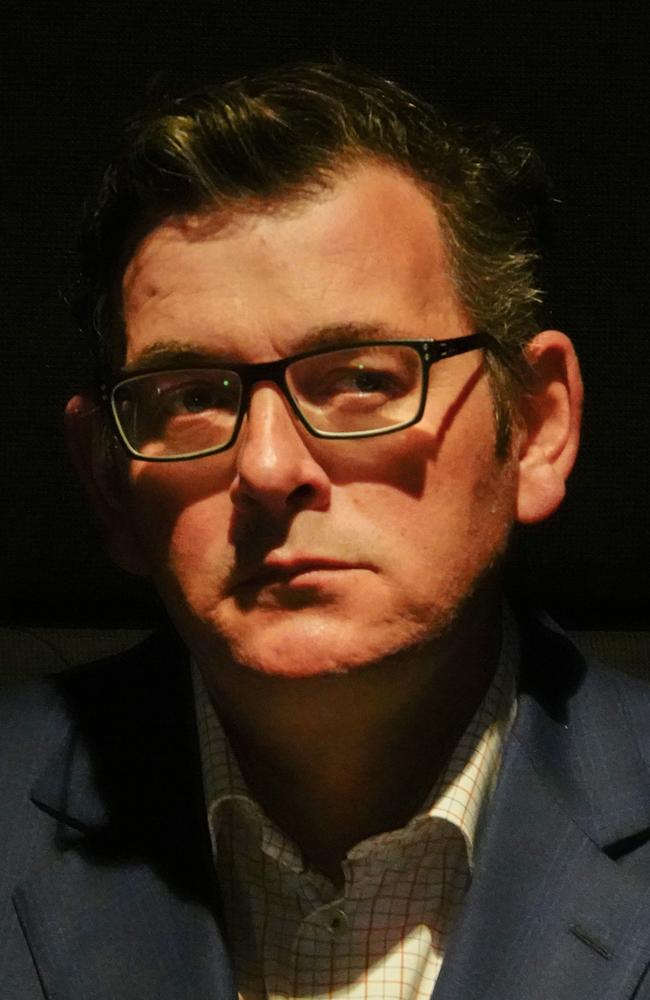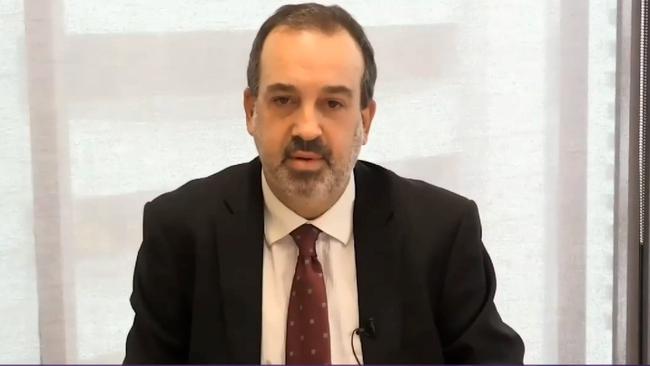Hotel quarantine inquiry: True cost of failed government program far greater than taxpayer funds
There were multiple failures in the hotel quarantine program, but at its core, the refusal to accept ADF help as other states did, and instead use private security firms was the most devastating.
News
Don't miss out on the headlines from News. Followed categories will be added to My News.
The decision to shun offers from the Australian Defence Force to help at quarantine hotels and instead use private security guards didn’t cost just the $65.7 million recorded in government ledgers.
It cost, as of Thursday, all but the first 19 of 752 Victorian 752 lives lost, 18,374 infections and $12bn ripped from the Victorian economy.
Little wonder no one in the government wants to own it, or admit being in charge of the program.
The board of inquiry chaired by retired judge Jennifer Coate will reach the end of its evidentiary phase with the examination of final witness Premier Daniel Andrews on Friday afternoon.
All departmental secretaries and ministers already called by the inquiry have claimed they didn’t know who hired private security.
Counsel assisting Ms Coate will on Monday deliver their closing submissions, giving an indication of what they intend to recommend, including any adverse findings Ms Coate may be open to make.
There were multiple failures in the hotel quarantine program, from infection control to record keeping to proper care of those detained.
But at its core, the refusal to accept ADF help as other states did, and instead go with ill-suited security guards, was the most devastating of those failures, and will be a key focus of Ms Coate’s findings to be handed to the Governor on November 6.

Premier Andrews’ Trumpian approach, arguing ADF troops were not on offer for hotel security despite overwhelming evidence to the contrary, is also likely to be a key focus.
Other, deeply troubling, questions have emerged through the inquiry which need answers, including any potential role of the Department of Premier and Cabinet in the decision to hire private security guards.
What led former Chief Commissioner Graham Ashton to change his views, within minutes, on who would be guarding the hotels?
His text messages first suggest police, but a few minutes later suggests security guards, in what he wrote was part of a deal, “set up by our DPC.’’
The head of DPC, Chris Eccles, who Mr Ashton had texted minutes before his apparent change of view, denied either speaking to Mr Ashton, or that his department set up any deal.
How could Emergency Management Commissioner Andrew Crisp, a former senior police officer, forget about a meeting he held with Mr Ashton and Police Minister Lisa Neville, in the crucial period the program was being established?
Could Jobs Minister Martin Pakula and Health Minister Jenny Mikakos really be as hands-off as they’d have us believe?
And why did Unified Security, a company with a controversial financial history, which had been rejected for inclusion on the Government’s preferred supplier list and wasn’t recommended by Trades Hall, score almost $45 million worth of security work?
By comparison the two preferred suppliers, Wilson ($8.8m) and MSS ($12m) barely got a look in.

A paper trail shows bureaucrats tried to justify using Unified by claiming Wilson had been too difficult to work with. At the time they made this claim, Wilson hadn’t even started work. And, while it appears Wilson did resist some bureaucratic requests about what their guards should be doing, like handling luggage, the company had already appointed its own infection control adviser and was following advice.
And at the end of the day, no hotel guarded by Wilson (and their subcontractors) suffered quarantine breaches.
Mandatory quarantine will be part of our lives for months, and potentially years, to come, as Australia draws up the bridge over the giant moat that surrounds it to protect its citizens from the global pandemic.
It is imperative we get it right.
And it’s not impossible.
More than 20,000 people went through the flawed program between March and July. Despite the risks, the PPE failures, the problems with guards, the bureaucratic flaws, there were only three breaches – one at Rydges, and two at the Stamford. We almost got away with it.

But because those breaches mostly involved what DHHS now admits was the “wrong workforce’’ – young, highly mobile security guards working second and third jobs, living in shared households, those three breaches went on to seed 99 per cent of Victoria’s second wave.
Since July, health workers and other vulnerable members of the community who have tested positive to COVID-19 have been quarantining at the Brady Hotel in central Melbourne, without any quarantine breaches.
This is because it’s being run appropriately, with Alfred Health handling medical issues and infection control, and Corrections Victoria and Victoria Police handling security.
Ms Coate will be looking to make recommendations on how quarantine can be run properly, with due care for infection control, and the wellbeing of those detained.
Those findings will include whether mandatory detention in a hotel is the right model at all.
Originally published as Hotel quarantine inquiry: True cost of failed government program far greater than taxpayer funds

